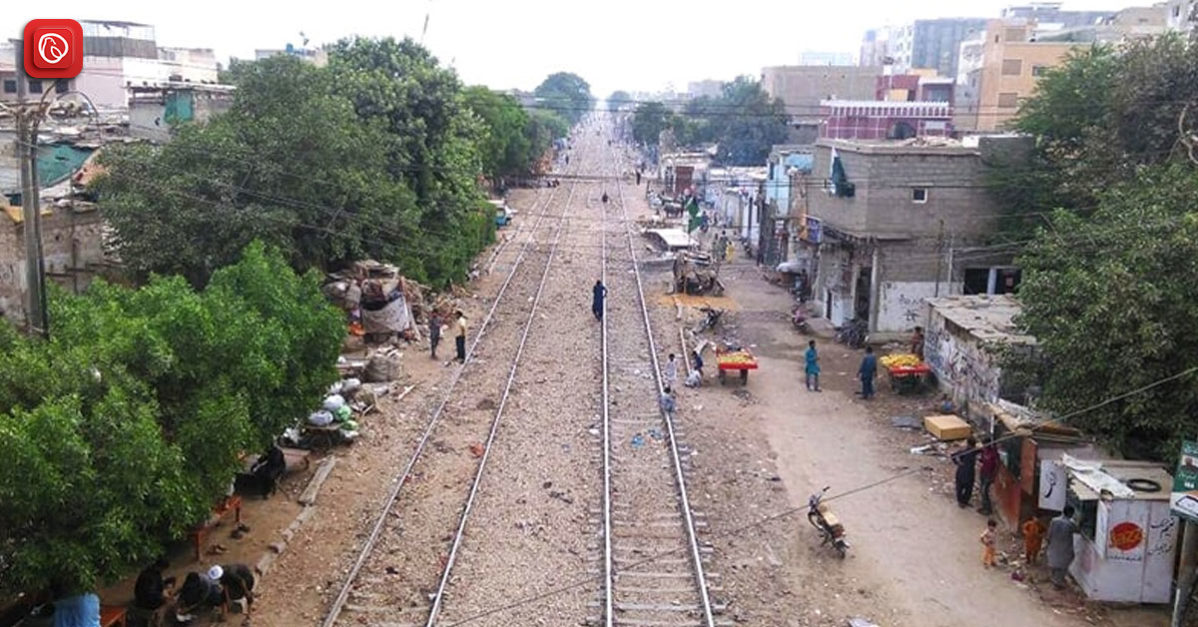
Moosa Colony is a densely populated locality of Karachi, Pakistan, with ethnic and historical significance. Established in the central region of Karachi, Moosa Colony presents a diverse cultural blend. To learn more about this place, keep reading!
Gulberg, Karachi, is home to the Moosa Colony. This multiethnic region consists of Bengalis, Muhajirs, Punjabis, Rohingyas, and Pashtuns, meaning traditions and cultures differ significantly here, and do not hesitate to include customs from different regions. Such diversity is characteristic of the neighborhood and strengthens the area’s culture.
Another vital characteristic of Moosa Colony is its famous fish market, which offers a crucial function in the economic as well as social lives of the inhabitants. Apart from selling fresh seafood to the people in the region, the market is also a meeting point where people of different cultures assemble, and the seller emphasizes this point, noting that they are all in this together.
The Kachhi Abadis, including Moosa Colony, continue to fight for their right over the occupied land and face constant threats of eviction under the pretext of anti-encroachment drives by the provincial government. Yet, it presents the regular and changing Karachi.
This large population originates from different countries and areas and follows different cultures and rich traditions like Bengalis, Muhajir, Punjabi, Rohingyas, Pashtoon, and many others. This ethnic and cultural diversity is one of the neighborhood’s peculiarities.
Culturally, the inhabitants engage in the intermixture of at least two cultures that have created a depauperized society regarding traditions, languages, and foods. These cultures contribute to the richness of the population composition; this is why Moosa Colony is a living and very colorful district of Karachi today.
Moosa Colony was formulated in the 1950s and has transformed into a populated city colony. There has been a lot of development ever since Moosa Colony came into existence, and it has grown from a mere barren land to a populated colony. Though it is a small area, it is closely related to the history of Karachi, which started as a small fishing village and now is the most significant city in Pakistan.
The social and cultural society of Moosa Colony is a result of a hybridization of the traditional and the modern ways of life. The area is famous for active festivities, dances, music, and related events. Religious events like Eid and Ramadan and national events like Independence Day are observed with much fanfare and joy in the community.
The cultural diversity is further complemented by the local bazaars and street markets where local products such as clothing and fruits, among others, can be bought. Additionally, the presence of religious institutions such as mosques plays a crucial role in the social fabric of this Colony, offering spiritual guidance and fostering a sense of unity among residents.
Most of the population of Moosa Colony works and earns a living in various skills and trades, from micro-enterprising to professionalism. Local markets are lively and stocked with multiple goods and services, from basic to the most sophisticated.
These include retail shops, fish businesses, Household grocery stores, and food shops. Food vendors are prevalent in this case, so the tenant has access to day-to-day basic needs. Also, many residents work and are involved in the public or private sectors, thus creating or enhancing the economic stability of the neighborhood.
Like any other urban locality, the Moosa Colony has its functioning observed and its fair share of problems. It may contain issues like overcrowding, traffic congestion, and environmental pollution. However, the community is quite adaptive and responsive to such issues, aiming to prevent them. The local government projects and the community health plans associated with social amenities and environment enhancement are helping.
The major challenge this colony had to take advantage of, which the inhabitants of the Moosa Colony should work on, was its capacity for increased economic development. Another factor that supports this hypothesis is that the neighborhood is located in an excellent position as far as economic activities are considered, combined with the fact that a high level of activity regarding community life characterizes the neighborhood.
Thus, using cultural potential and implementing tourism, Moosa Colony has an opportunity to open new perspectives for further economic and communal advancements.
As for the prospects of the Moosa Colony, there are constant processes of continuously improving this area and its standards. Future infrastructural developments are related to the further development of public transport infrastructures, the construction of new schools, hospitals, and other public facilities, and the creation of new recreational areas.
Such projects are anticipated to pave the way for the growth of the local economy, employment, and general living standards in the Moosa Colony. Furthermore, the unity and togetherness of the community’s people will be vital in determining the future of Moosa Colony. Thus, with a spirit of cooperation and integration, tenants can address obstacles and create a better future for the area.
The Moosa Colony region is one of the most lifelike areas of Karachi, giving an idea of the megacity’s contemporary social and cultural concrete. Being a historic and culturally well-connected/grounded region with tight-knit communities and potential economic development, this colony is the city’s noteworthy and prosperous area.
The neighborhood is slowly changing with time to meet current trends while still standing as an indication of the people’s strength. Thus, the Colony’s glorious years, its heterogeneity, and its vision of the future provide it with all the necessary attributes to be a valuable and beloved neighborhood of Karachi.
Islamabad: The Federal Board of Revenue has updated property valuation rates across 68 locations in…
Dubai’s residential real estate market maintained its upward momentum in November 2025, with the latest…
Saudi Arabia’s Real Estate General Authority (REGA) has announced the launch of a new platform…
Dubai: Tomorrow World Group, a global enterprise with a 20-year presence in the emirate, has…
Islamabad: The Capital Development Authority has begun a citywide rehabilitation and upgrading campaign, starting…
Dubai: The emirate’s real estate sector continued its strong performance in November 2025, posting transactions…